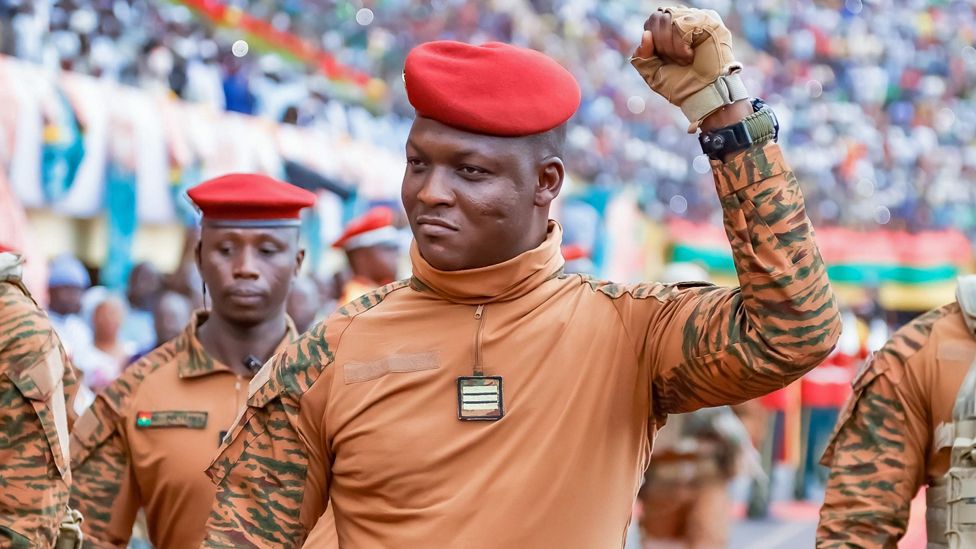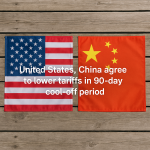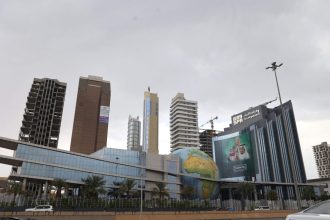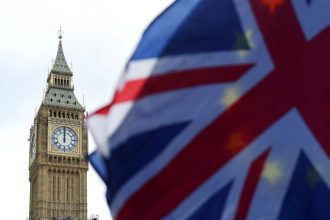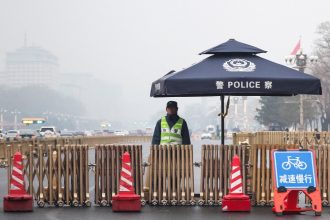In a time when trust in leadership is wearing thin and frustration with inequality is soaring, one young leader from West Africa has stirred hearts, sparked conversations, and reawakened the dream of a truly independent Africa.
At just 37, Captain Ibrahim Traoré of Burkina Faso has emerged as a powerful symbol of hope, resistance, and dignity. Leading a nation battered by conflict and a legacy of colonialism, he has dared to challenge global powers, igniting a movement rooted in African pride and self-determination.
Many see echoes of Burkina Faso’s revolutionary hero Thomas Sankara in Traoré — and not just because of their shared youth and military background. Sankara gave his life for an independent Africa. Today, Traoré seems determined to continue that mission, calling on African leaders to stop acting like puppets of imperialist powers. His fiery speech at the 2023 Russia-Africa summit, where he condemned Western interference, reverberated across the continent and beyond.
It’s not just words. Traoré’s actions — from expelling French forces to forging economic alliances with Russia, from launching a national gold refinery to creating a state-owned mining company — speak of a leader willing to wrest control of Burkina Faso’s future back into Burkinabé hands. Western companies are no longer given free rein. Instead, local people must benefit. That’s the revolution he talks about.
And Africans — especially the youth — are listening. They see in him not just a military man, but a leader who walks the talk. Traoré’s story, face, and energy are everywhere on social media — even in AI-generated songs by global artists, albeit inaccurately. His charisma, military swagger, and open smile have made him a standout presence, even among seasoned presidents at high-level summits.
But the journey isn’t without controversy. Critics point to his crackdown on opposition voices and failure to decisively end the Islamist insurgency gripping the region. There are accusations of overreach, of silencing dissent, of leaning too heavily on Russia. Yet despite these, his support grows — fueled by the deep hunger for change.
Across the diaspora, from African-American activists to London-based protesters, people are resonating with his message. A free, dignified Africa. One that controls its resources. One that no longer bows to foreign masters.
Still, questions remain. Can Traoré deliver lasting peace? Will his vision outlive the emotion it stirs? Or will he, like others before him, fall into the trap of power personalized?
For now, Captain Ibrahim Traoré represents a rare figure — a leader who has not only tapped into the collective frustration of a continent but has inspired many to believe that a different future is still possible.
Whether history remembers him as a revolutionary or just a passing flame depends on the choices he makes next. But one thing is clear — West Africa will never be the same again.
